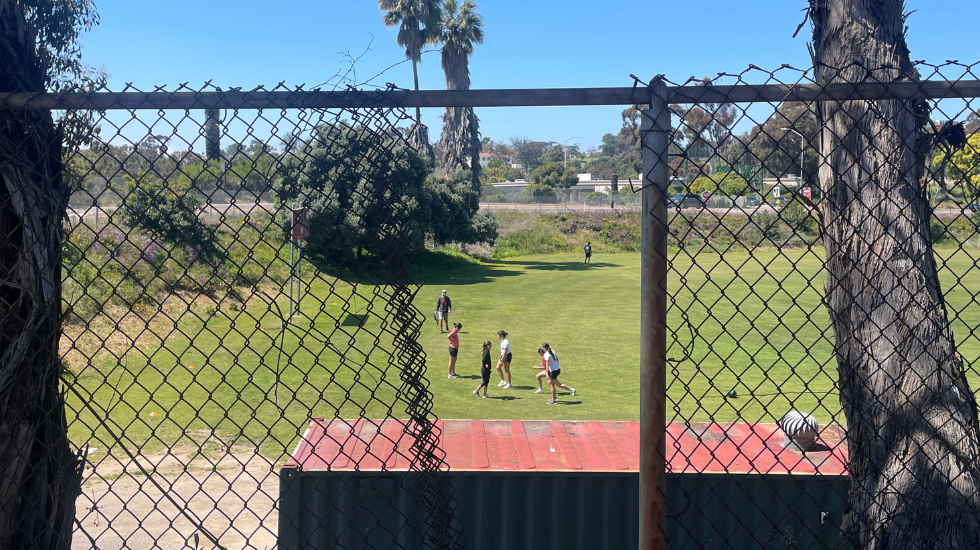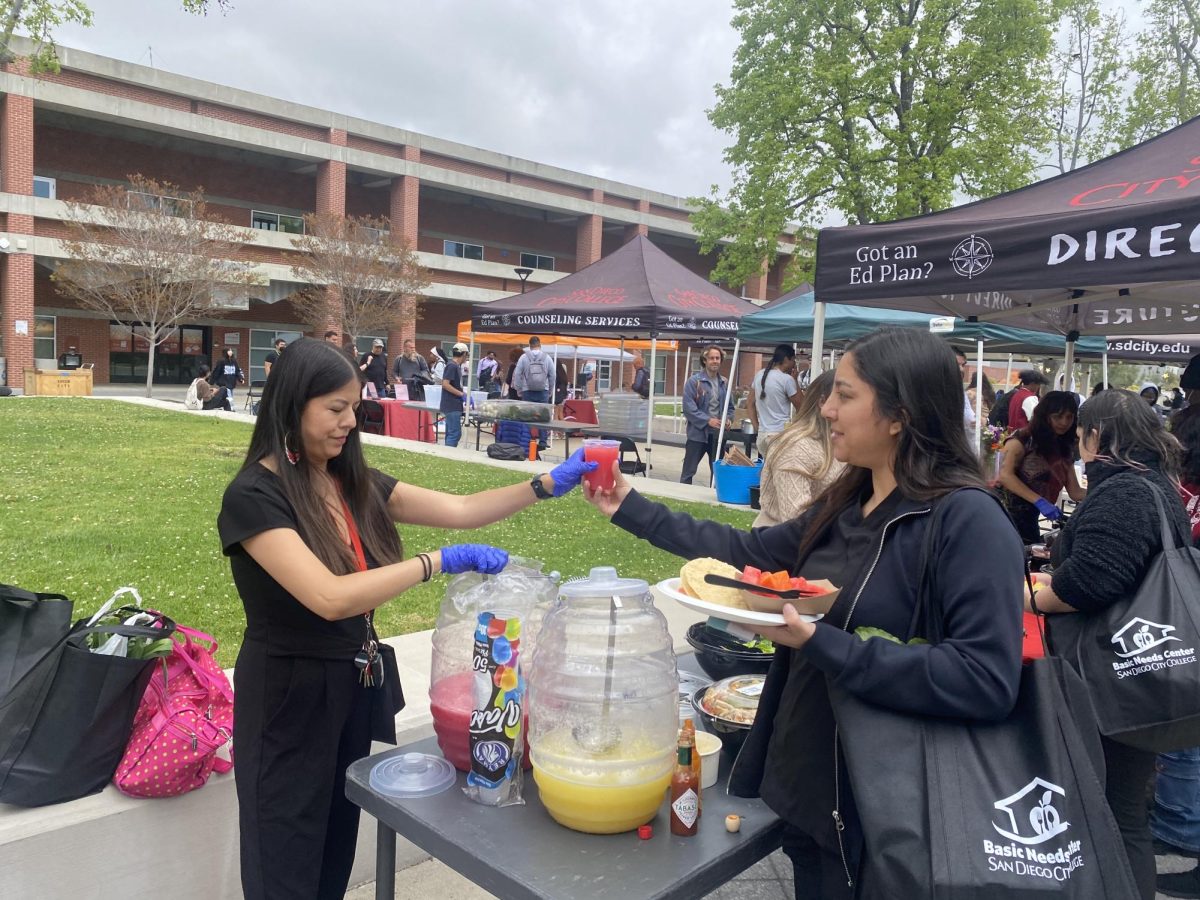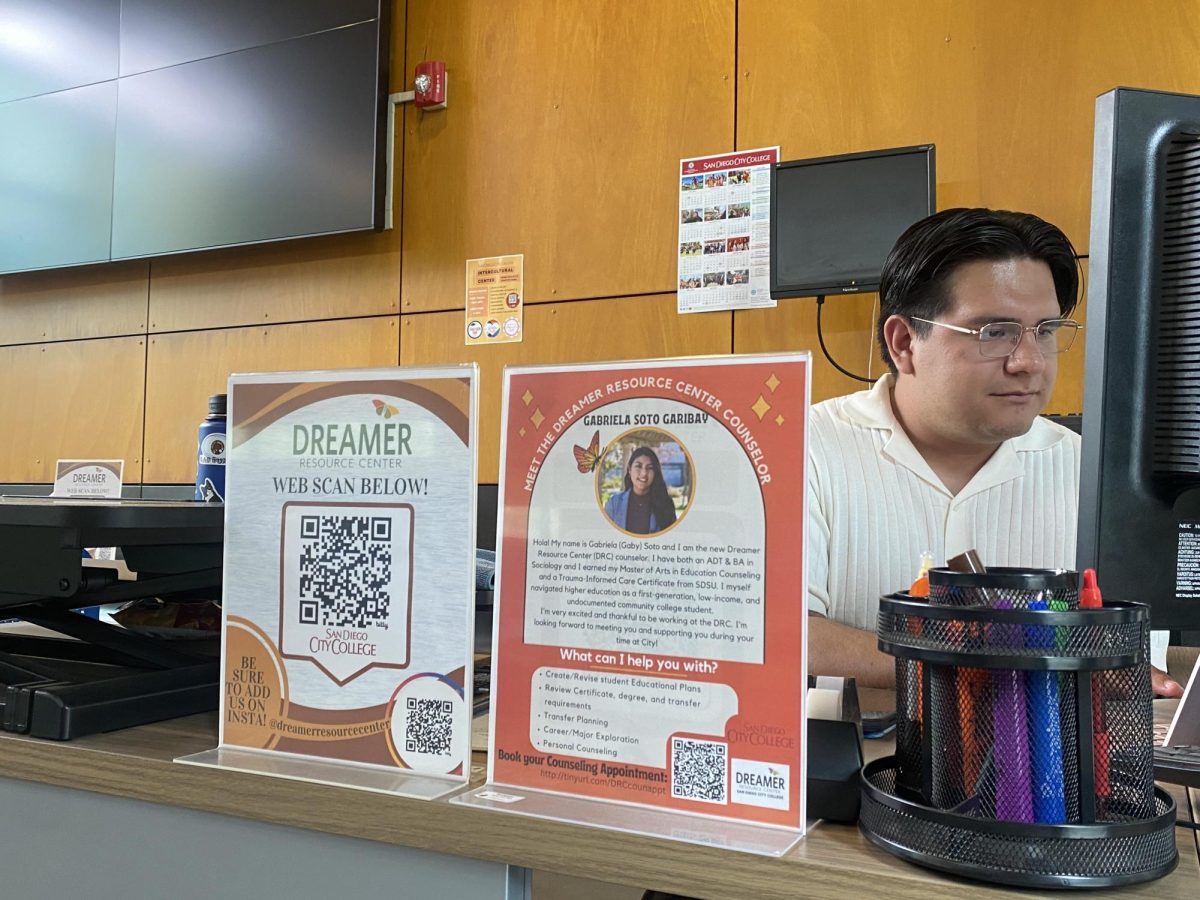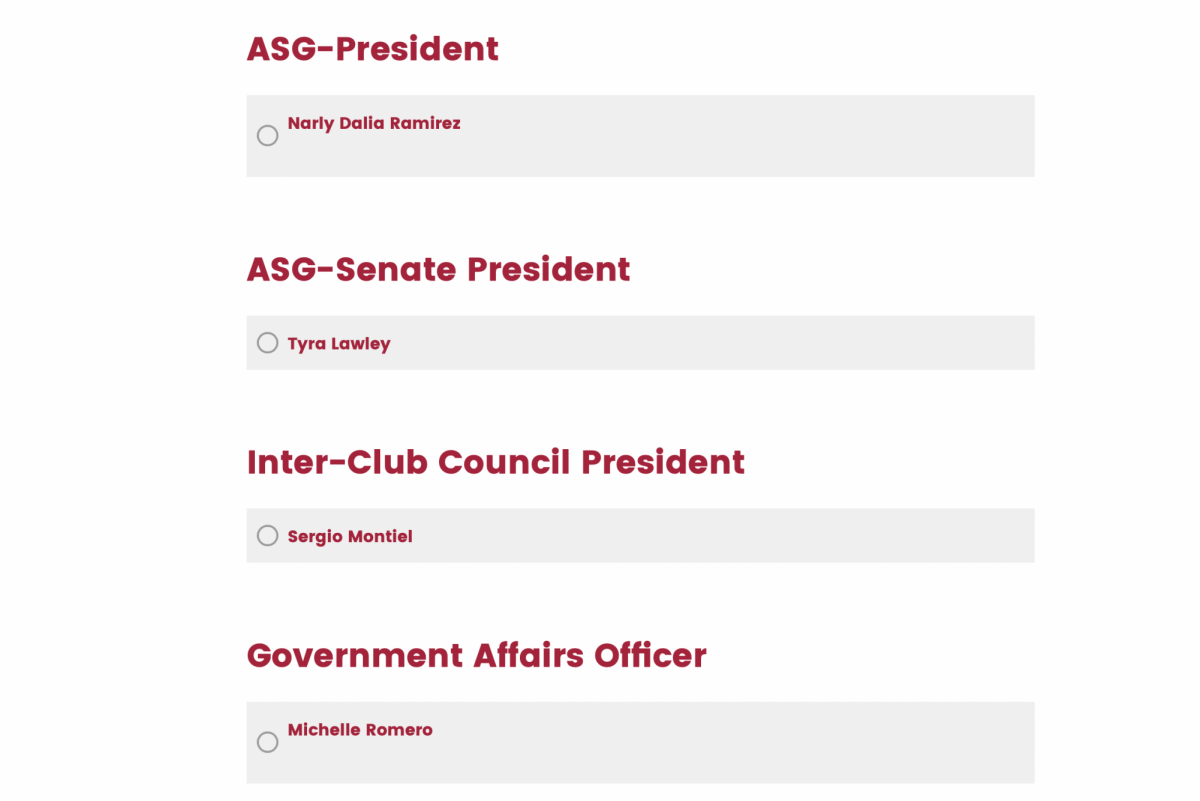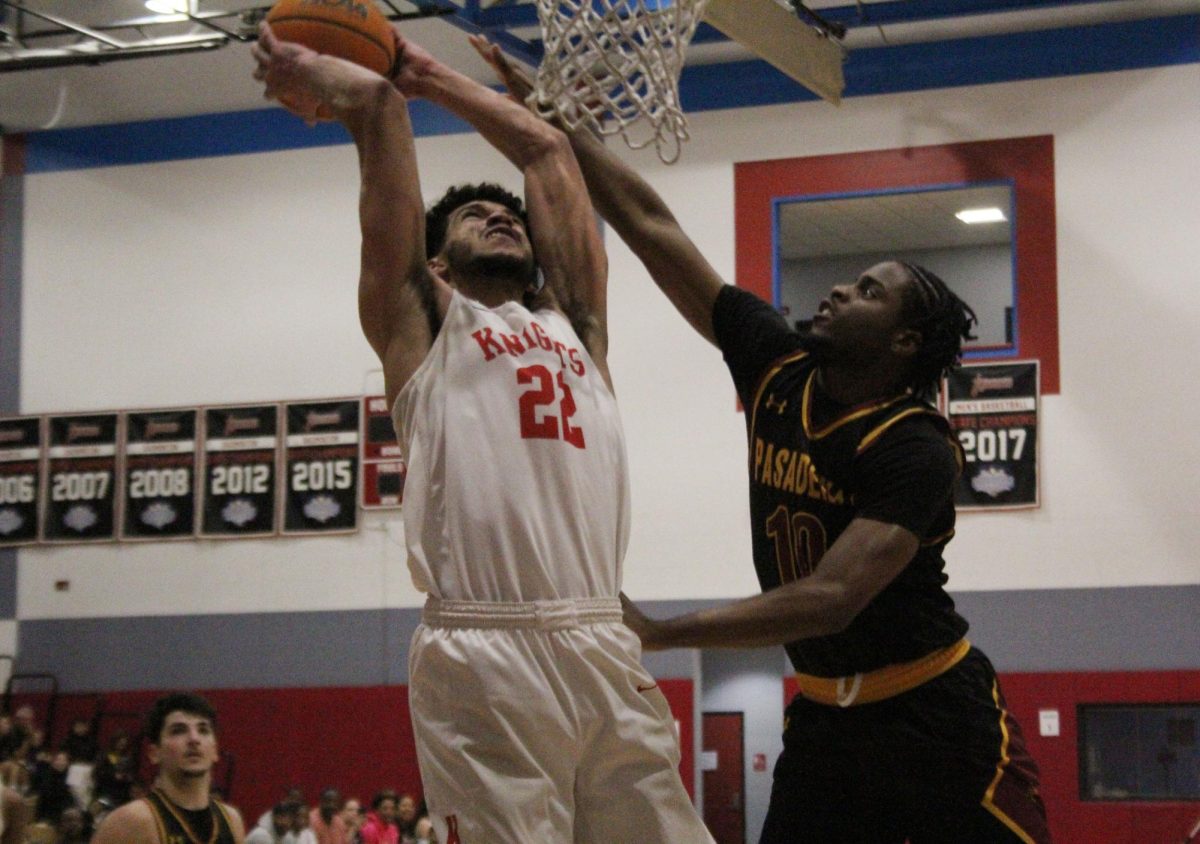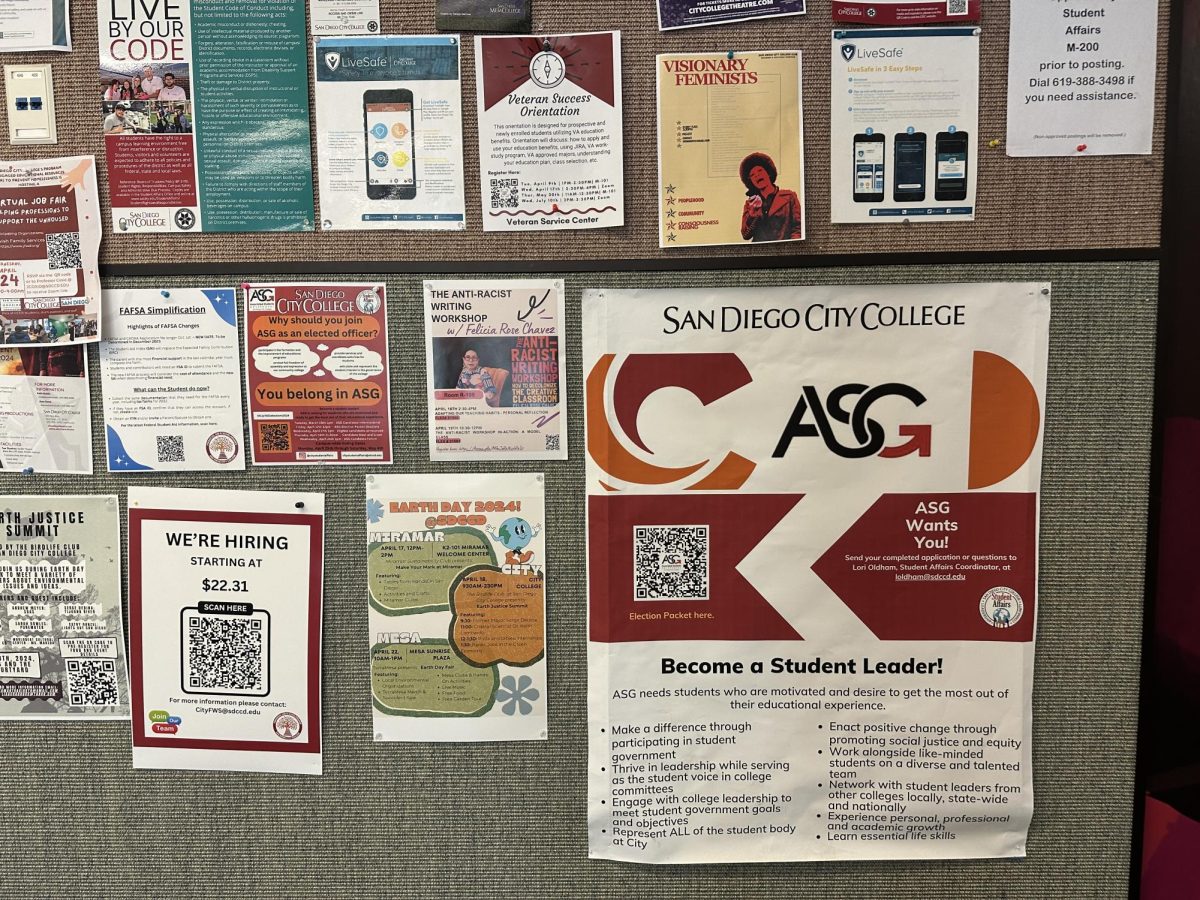New research claims some high school students who choose to attend less selective universities are more likely to drop out before earning a degree.
The findings have been published in a book called “Crossing the Finish Line: Completing College at America’s Public Universities,” written by William G. Bowen, president emeritus of the Andrew W. Mellon Foundation and Princeton University, Matthew M. Chingos and Michael S. McPherson.
The book suggests the reason public colleges and universities have low retention and graduation rates stems from students not being challenged enough. When comparing groups of students with similar academic profiles, researchers found that those who had to work harder for their degrees were usually the ones more likely to graduate. The research also linked dropout rates to race, gender and socioeconomic status, showing minorities have a harder time completing college.
According to American University’s Office of Institutional Research and Assessment, the university’s retention rate, which measures the percentage of students returning after freshman year, is 90.6 percent. AU’s Acting Director of Admissions Greg Grauman said the university is committed to its students’ success.
“Our academic programs and research, and the regular presence of national and global leaders on campus, reflect the university’s dedication to our students’ pursuit of personal excellence and goals,” he said in an e-mail. “The admissions staff communicates this message to prospective students and their families.”
Schools with high selectivity rates, like Harvard University, often tend to have the highest graduation rates. Harvard is among the most selective schools in the country, with an acceptance rate of 7.9 percent in 2008, and its graduation rate is 88 percent, according to U.S. News and World Report.
Prospective students do not consider selective enough colleges when applying to universities, according to Bowen.
According to the Inside Higher Ed Web site, the book recognizes the success of private, residential colleges in graduating students. It also points out that since most students enroll in public universities, significant changes must be made in public higher education to improve educational accomplishment in the U.S.
“I didn’t come [to AU] because it was easy,” said Eve Moel, a freshman in the College of Arts and Sciences. “I came here because it is near my relatives … and my sister had gone here before. I heard the programs here could help me because I have some disabilities.” She said she likes the courses offered by the university, and she has had a good experience so far.
Not every student is satisfied with their AU experience.
Cydni Lynch, a junior in CAS, said though she does not like AU she does not want to drop out because she is in her third year.
“It’s not like I wanna be working at McDonald’s for the rest of my life,” she said. “[And] where else am I going to go? Third year and I’m going to transfer? Besides, graduate school is more important.”
Study explains college dropouts
October 6, 2009
Donate to City Times
Your donation will support the student journalists of San Diego City College. Your contribution will allow us to purchase equipment, cover the cost of training and travel to conferences, and fund student scholarships. Credit card donations are not tax deductible. Instead, those donations must be made by check. Please contact adviser Nicole Vargas for more information at [email protected].

